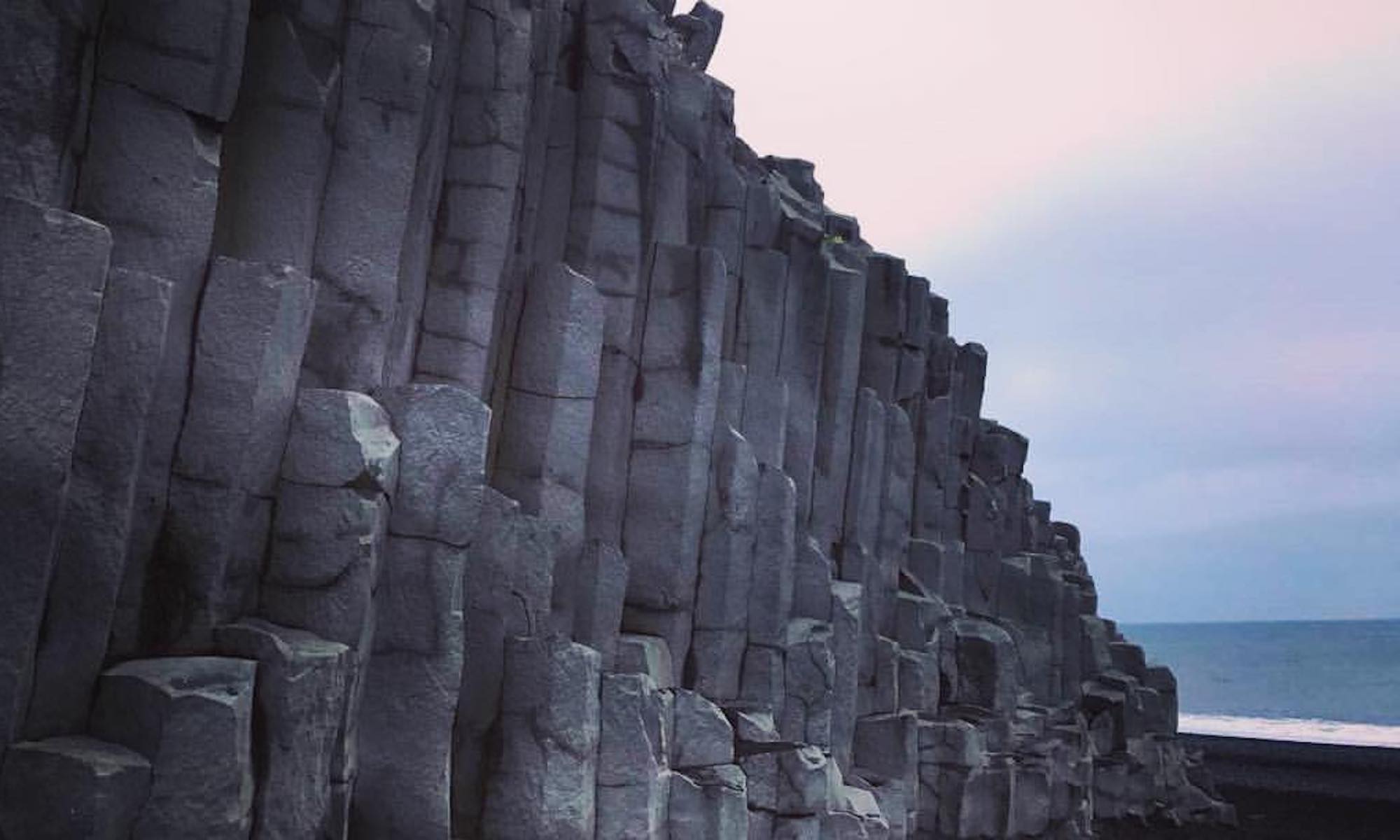The latest discovery of Nasa's Mars Curiosity rover is evidence of an ancient freshwater lake on Mars that was part of an environment that could potentially have supported simple microbial life.
The lake is located inside the Gale Crater and is thought to have covered an area that is 31 miles long and 3 miles wide for more than 100,000 years.
According to a paper published yesterday in Science Magazine: "The Curiosity rover discovered fine-grained sedimentary rocks, which are inferred to represent an ancient lake and preserve evidence of an environment that would have been suited to support a Martian biosphere founded on chemolithoautotrophy."

